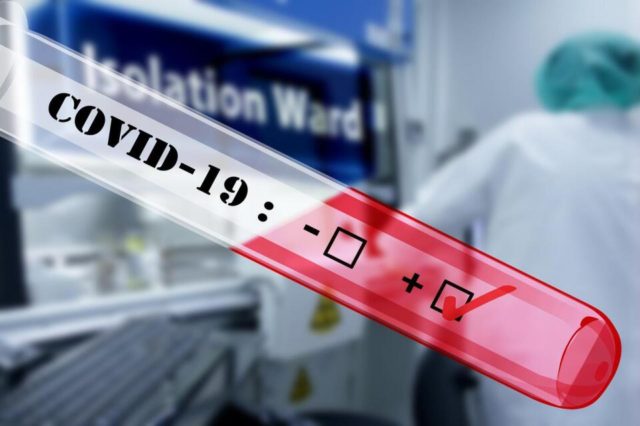The majority of cases are in the Sol Plaatje Municipal district and brings the total number of cases in the Province to 24..
The Northern Cape Department of Health has confirmed eight new positive Covid-19 cases, the majority of which are in the Sol Plaatje Municipality.
This brings the total number of cases in the Province to 24.
The MEC of Health, Mase Manopole, said on Monday that the first 16 reported positive cases had however recovered, leaving the Province with only eight active cases currently.
Seven of the eight active cases are in the Sol Plaatje Municipality.
“Five of these people were admitted to hospital for conditions not related to Covid-19 but were identified as being Covid-19 positive during the hospital’s screening and testing procedure. All five are currently in isolation in hospital,” Manopole said.
A sixth person was tested for Covid-19 in preparation for admission for an unrelated operation and was also positive. This person is in self-isolation at home. The seventh person who tested positive is a close contact of one of the five admitted patients and is in self-isolation at home,” she added.
“The District Outbreak Response Team is busy tracing all their close contacts who are being placed under quarantine whilst they are tested and waiting for the results,” said Manopole.
The eighth positive case is a person who lives in the Dawid Kruiper Municipality (ZF Mgcawu District).
“After the national lockdown, he came forward for testing and was placed under self-quarantine. The result came back positive for Covid-19 on April 25, 2020 and he is now in self-isolation. The Department’s tracing team was able to trace all 24 of his close contacts who were all tested for COVID-19. We are pleased to announce that their results have all come back negative for Covid-19.”
She said thousands of people were screened this past weekend as a means to detect more possible infections.
According to Manopole, more than 531 509 people have been screened and 1 491 laboratory tests have been conducted in the Northern Cape.
She said her department was on track with national’s programme to flatten the curve of infections and would now continue into the Department of Health’s next stage of the screening and testing programme.
“It must be noted that stage 1 was focused on preparation with community education, establishing laboratory capacity and early surveillance. Stage 2 focused on primary prevention, including social distancing, hand-washing and closing schools. Stage 3 was the introduction of the national lockdown and intensifying curtailment of human interaction. We are currently in Stage 4, which focuses on surveillance and active case-finding, including door-to-door screening, testing those who meet the criteria, isolation and contact tracing,” said Manopole.
“We are preparing for Stage 5 which focuses on managing hotspots, including surveillance to identify hotspots, spatial monitoring of new cases as well as outbreak investigation and intervention teams. This will then be followed by Stage 6 which focuses on providing increased medical care during the peak of the pandemic. During Stages 5 and 6 we will see an increase in the number of laboratory tests conducted as more of our people meet the criteria for testing.”
She added that residents in the province still had work to do when it came to flattening the curve of infections.
“We have noted with concern the non-adherence of social distancing and wearing of masks by some members of our communities. This has a potential to drastically reverse the gains made by all of us to combat the spread of COVID-19 in society. In addition, we have noted the increased numbers of people travelling into the Province which poses a greater risk that the number of positive people in the province could increase significantly,” she said.








